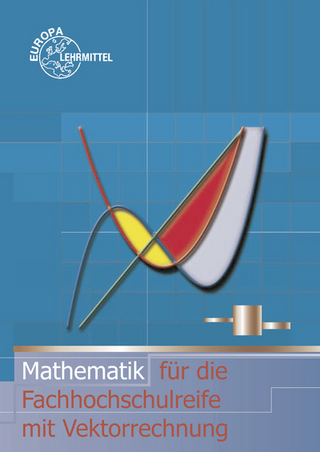
Oppenheimer
The Tragic Intellect
Seiten
2006
University of Chicago Press (Verlag)
978-0-226-79845-5 (ISBN)
University of Chicago Press (Verlag)
978-0-226-79845-5 (ISBN)
- Titel gebraucht verfügbar
- Artikel merken
At a time when the Manhattan Project was synonymous with large-scale science, physicist J Robert Oppenheimer (1904-67) represented the new sociocultural power of the American intellectual. This title traces the making - and unmaking - of Oppenheimer's wartime and postwar scientific identity.
At a time when the Manhattan Project was synonymous with large-scale science, physicist J. Robert Oppenheimer (1904-67) represented the new sociocultural power of the American intellectual. Catapulted to fame as director of the Los Alamos atomic weapons laboratory, Oppenheimer occupied a key position in the compact between science and the state that developed out of World War II. By tracing the making - and unmaking - of Oppenheimer's wartime and postwar scientific identity, Charles Thorpe illustrates the struggles over the role of the scientist in relation to nuclear weapons, the state, and culture.A stylish intellectual biography, Oppenheimer maps out changes in the roles of scientists and intellectuals in twentieth-century America, ultimately revealing transformations in Oppenheimer's persona that coincided with changing attitudes toward science in society.
At a time when the Manhattan Project was synonymous with large-scale science, physicist J. Robert Oppenheimer (1904-67) represented the new sociocultural power of the American intellectual. Catapulted to fame as director of the Los Alamos atomic weapons laboratory, Oppenheimer occupied a key position in the compact between science and the state that developed out of World War II. By tracing the making - and unmaking - of Oppenheimer's wartime and postwar scientific identity, Charles Thorpe illustrates the struggles over the role of the scientist in relation to nuclear weapons, the state, and culture.A stylish intellectual biography, Oppenheimer maps out changes in the roles of scientists and intellectuals in twentieth-century America, ultimately revealing transformations in Oppenheimer's persona that coincided with changing attitudes toward science in society.
Charles Thorpe is associate professor in the Department of Sociology at the University of California, San Diego.
| Erscheint lt. Verlag | 19.1.2007 |
|---|---|
| Sprache | englisch |
| Maße | 17 x 23 mm |
| Gewicht | 737 g |
| Themenwelt | Literatur ► Biografien / Erfahrungsberichte |
| Sachbuch/Ratgeber ► Natur / Technik | |
| Naturwissenschaften ► Physik / Astronomie | |
| ISBN-10 | 0-226-79845-3 / 0226798453 |
| ISBN-13 | 978-0-226-79845-5 / 9780226798455 |
| Zustand | Neuware |
| Informationen gemäß Produktsicherheitsverordnung (GPSR) | |
| Haben Sie eine Frage zum Produkt? |
Mehr entdecken
aus dem Bereich
aus dem Bereich
Schulbuch Klassen 7/8 (G9)
Buch | Hardcover (2015)
Klett (Verlag)
31,50 €
Buch | Softcover (2004)
Cornelsen Verlag
25,99 €
Buch (2007)
Europa-Lehrmittel (Verlag)
24,90 €



